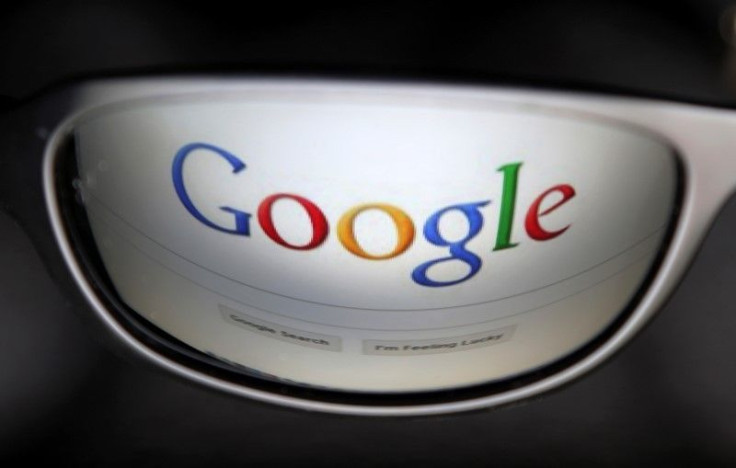Child Sex Offender Caught Via Google’s Gmail Scan

A child abuser who had been convicted and served a 20-year jail time has been slapped with fresh offences after Google scanned his Gmail account and found it contained indecent images of children.
John Henry Skillern was caught as he was in the act of trying to email three explicit photos of a young girl to a friend.
Detective David Nettles, from the Houston Metro Internet Crimes Against Children Taskforce, said it was Google that gave the tip off concerning Skillern's online activities.
"They got a tip from Google, basically Gmail," Nettles told KHOU 11 News. "He was trying to get around getting caught, he was trying to keep it inside his email. I can't see that information, I can't see that photo, but Google can."
Google tipped off the police in the city of Webster near Houston, Texas on July 11. A search in Skillern's home on July 24 yielded the offending child porn images, plus others on his phone and tablet device. These devices yielded text messages and e-mails where he talked about his interest in children.
Skillern is facing one count of possession of child pornography and one count of promotion of child pornography. Each count had a bond of $100,000 for a total of $200,000.
While many commend Google's active participation that led to the arrest of Skillern, others are wary over how the technology giant and other companies may be using their services on their client users.
But Google, in its terms of service, maintained that prior to signing up, client users had been informed that their e-mails will be analysed, and essentially, any lawbreakers will be reported to the authorities.
"Our automated systems analyze your content (including emails) to provide you personally relevant product features, such as customized search results, tailored advertising, and spam and malware detection," the terms stated. "Information the firm gathers can be passed on for a number of reasons, including to 'protect against harm to... our users or the public as required or permitted by law."
Google has the backing of the National Center for Missing and Exploited Children on this, based on 18 U.S. Code 2258a, or the "Reporting requirements of electronic communication service providers and remote computing service providers."
"The law requires companies to report child pornography if they come across it," Mashable quoted Michelle Collins, vice president of the exploited children division of the National Center for Missing and Exploited Children. "We get between 10,000 and 15,000 tips each week on Cybertupline.com of child exploits found on the internet, ranging from children being enticed to trafficking kids."
When they received the tip, Nettles didn't question Google nor thought if the company could be doing a criminal act on somebody else.
"I really don't know how they do their job," Nettles said. "But I'm just glad they do it."
Google stressed it reported what it found because it "has legal obligations when it comes to child sexual abuse imagery."





















